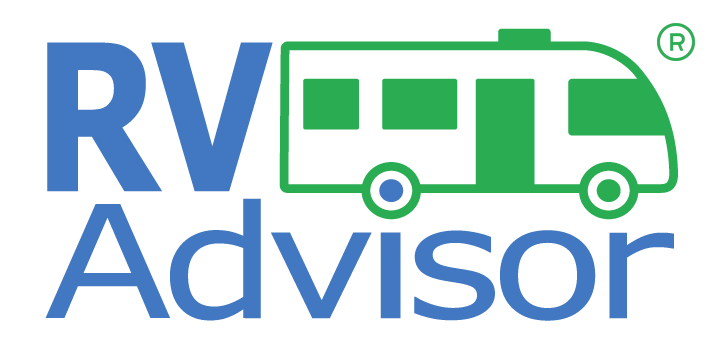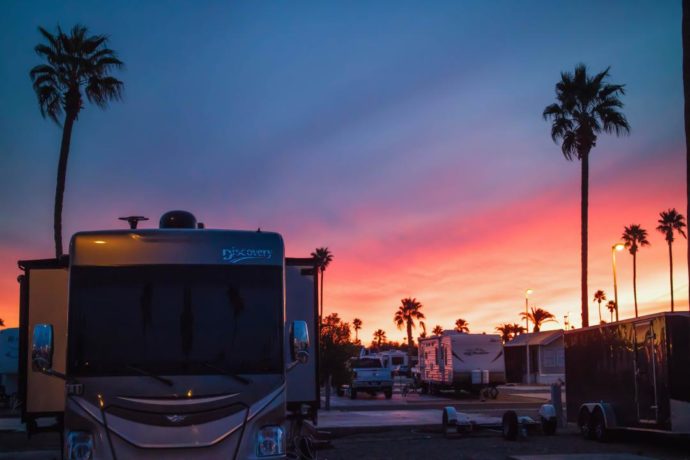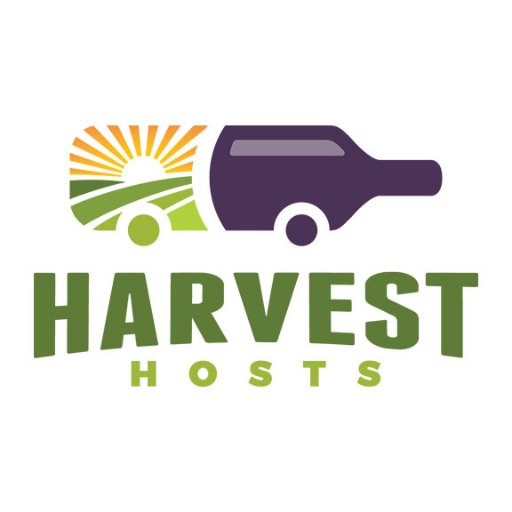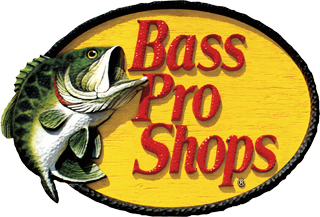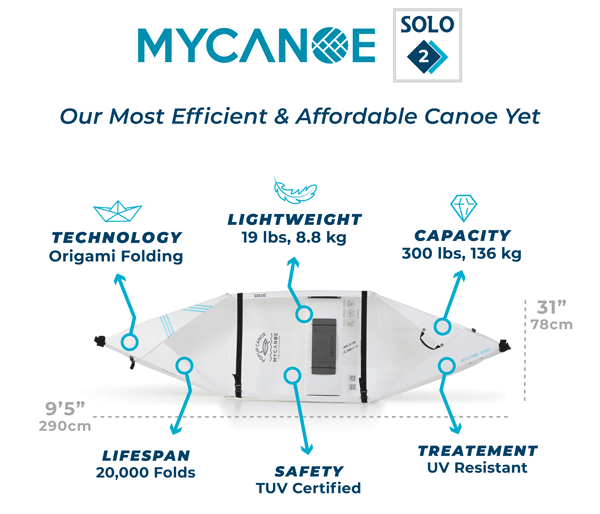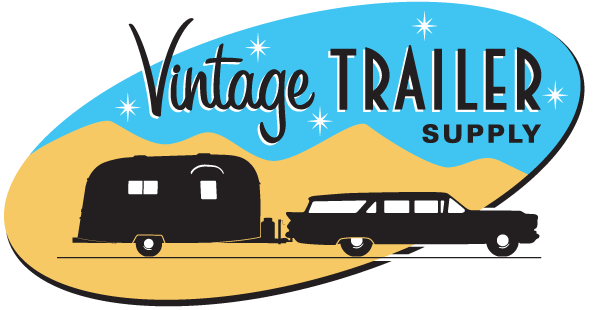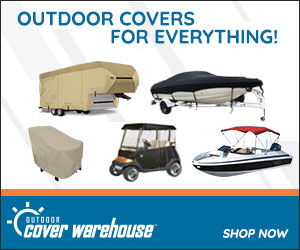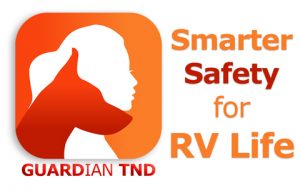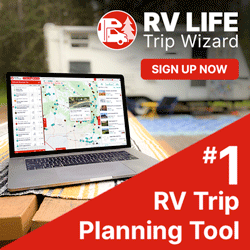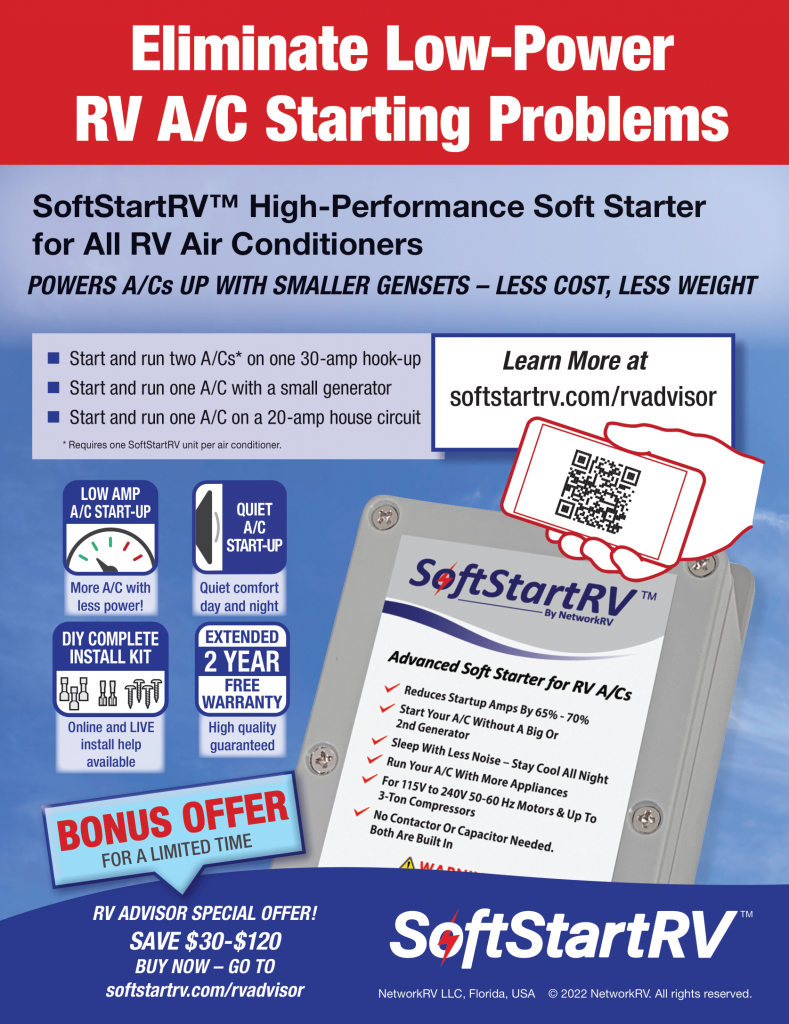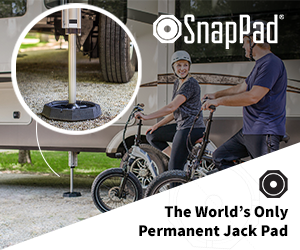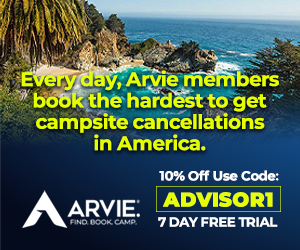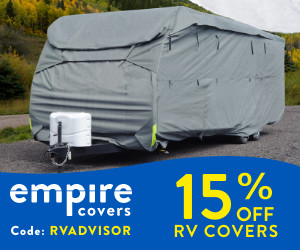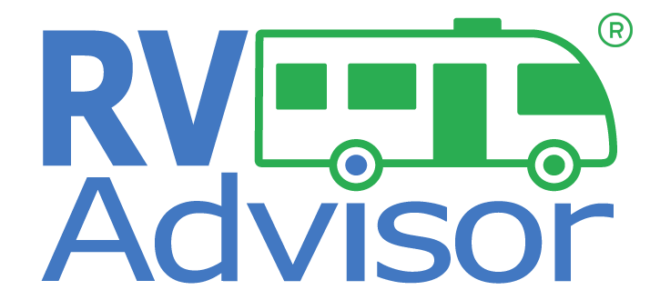Starting fresh as an RV owner is an exciting time
You may have just joined the growing ranks of RV owners, or you may be ready to invest in one. Whichever group you belong to, this is a very important time to be realistic about your RV. The fun and adventure are guaranteed, but so are some common problems. Take our advice and note these tips to get road life off to a good start.
1. How to see all the costs involved
First, let’s examine the transparent costs of owning an RV. According to the RV Industry Association, the prices for new RV types are typically:
- $6,000-$22,000 for folding camping trailers
- $6,000-$55,000 for truck campers
- $8,000-$95,000 for conventional trailers
- $18,000-$160,000 for fifth wheel trailers
- $60,000-$150,000 for Type B and Type C motorhomes
- $60,000-$500,000 for Type A motorhomes.
You may be one of the many who are new to the world of RVs and choose to buy a used RV, which means the prices above may be greatly reduced. Adding to the obvious costs for your RV are your fuel expenses, food, and drink for the trip and stocking up with some RV essentials.
Some costs which may slip your mind are RV insurance and paying for camping spots at sites around the country. Temporary stays can be inexpensive, while longer stays will involve you using the local utilities which can rack up costs.
2. The art of RV maintenance
Owning a home has maintenance expenses, as does owning a car. Your RV is both and so is vulnerable to risks of both types. Consult your owner’s manual for the recommended actions regarding such things as oil changes and tire rotation. The right time for these tasks differs from model to model and is contested between RV owners. A general rule is to change your oil between 3000-5000 miles.
Winterizing your RV will protect it against the elements and does vary in expense, but it’s possible you can successfully manage this yourself. Keep your generator lively by running it for a couple of hours a month if your RV is going to be idle for a while.
Your window and roof seals are key to your RV’s health so make sure you look at them regularly to ensure there are no breaks which can cause leaks and other damage. Every two or three months is a safe window to do this unless you feel they may have been compromised by something like a low-hanging branch or other collision.
Your brakes and tires will benefit from your regular attention which can delay or avoid expensive garage costs. If you’re going to buy a used RV, it pays to keep in mind that this may increase your maintenance costs. Be diligent when buying a used model and ask all the right questions to minimize your repair costs.
3. The written (and unwritten) rules of the road
Safety first will always be the golden rule. Never travel without wearing your seatbelt or safely securing your RV’s passengers and contents. You can buy child safety belts if your RV lacks them or invest in a model that may be more child-friendly. The requirements for owning a special RV driver’s license vary from state to state, but our previous blog highlights the long lists of states that don’t require it.
Contact your local DMV for information on running your RV, as well as any traffic laws particular to the area. Campgrounds will have rules both legal and etiquette-based. These range from never leaving litter, keeping noise to a minimum, and taking charge of your pets to keep them and other travelers safe.
4. You can never be too safe
Your safety will be greatly helped by following all the above tips, but there’s more to be aware of. Crime is a real risk out there. We recommend a few steps to minimize being targeted:
- Close all drapes/blinds to make sure you’re not advertising an empty RV
- Always lock your door and consider buying a security system
- Consider a safe for your valuables
- Ask campsite managers about their security policy
These tips are great, but we’ve got even more great tips to share with you! Consider joining up with the RV Advisor family and become a pro in no time.
The RV Advisor is proud to provide our thousands of members with practical wisdom for life on the road. We cover everything from buying new or used, roadside assistance and where to stop and shop. You can drop by our home page for a live chat, email us at info@thervadvisor1.wpengine.com or call 833-229-0911.
